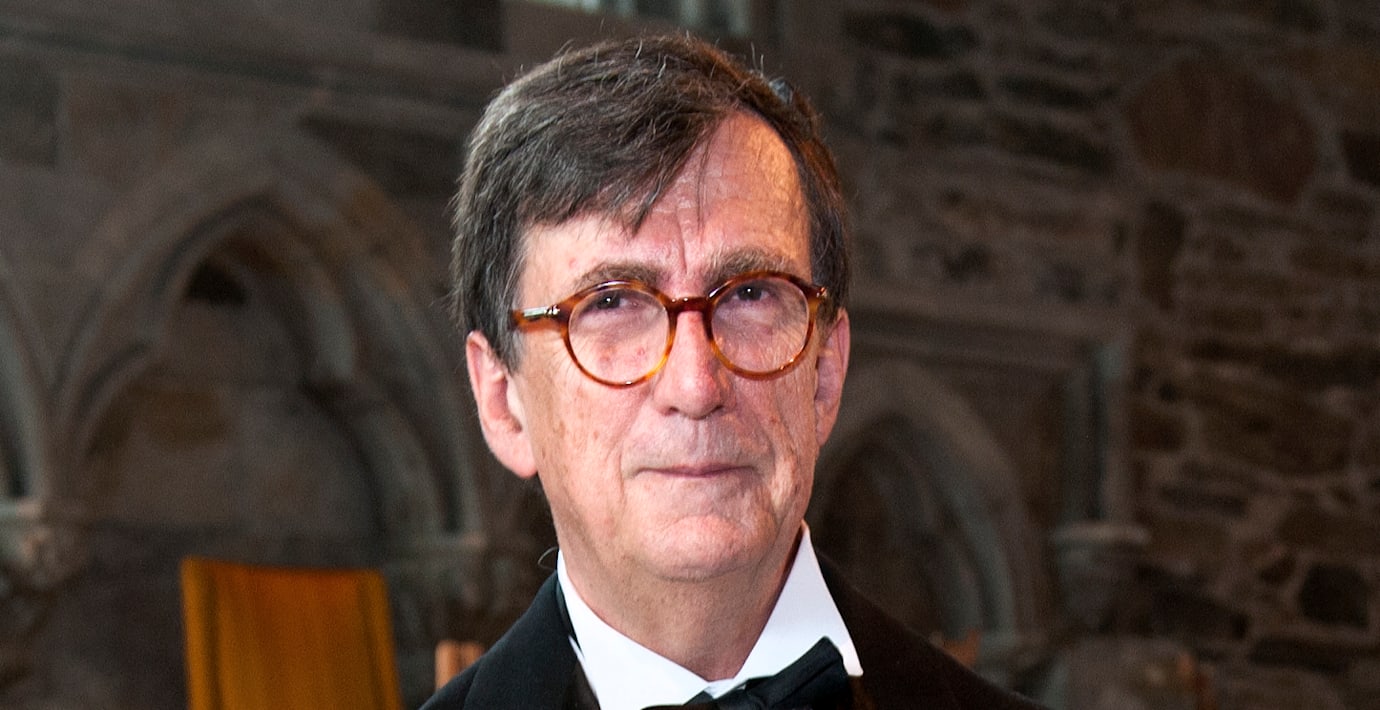
Filosofen Bruno Latour död – studerade forskningen
Den framstående franske filosofen Bruno Latour har dött vid 75 års ålder, rapporterar flera internationella medier.
Latour var en av efterkrigstidens mest framstående filosofer, och tilldelades Kyotopriset 2021, skriver New York Times. Han är bland annat känd för att ha hävdat att vetenskapliga fakta är socialt konstruerade, och för aktör-nätverksteorin (ACT).
Latour menade att fakta inte existerar utanför samhället, utan inom nätverk av personer, idéer och objekt. 2018 beskrevs Latour som Frankrikes mest kända och minst förstådda filosof, skriver The Guardian.
bakgrund
Bruno Latour
Wikipedia (en)
Bruno Latour (French: [latuʁ]; 22 June 1947 – 9 October 2022) was a French philosopher, anthropologist and sociologist. He was especially known for his work in the field of science and technology studies (STS). After teaching at the École des Mines de Paris (Centre de Sociologie de l'Innovation) from 1982 to 2006, he became Professor at Sciences Po Paris (2006–2017), where he was the scientific director of the Sciences Po Medialab. He retired from several university activities in 2017. He was also a Centennial Professor at the London School of Economics.Latour is best known for his books We Have Never Been Modern (1991; English translation, 1993), Laboratory Life (with Steve Woolgar, 1979) and Science in Action (1987). Although his studies of scientific practice were at one time associated with social constructionist approaches to the philosophy of science, Latour diverged significantly from such approaches. He was best known for withdrawing from the subjective/objective division and re-developing the approach to work in practice. Latour said in 2017 that he is interested in helping to rebuild trust in science and that some of the authority of science needs to be regained.
Along with Michel Callon and John Law, Latour is one of the primary developers of actor–network theory (ANT), a constructionist approach influenced by the ethnomethodology of Harold Garfinkel, the generative semiotics of Algirdas Julien Greimas, and (more recently) the sociology of Émile Durkheim's rival Gabriel Tarde.
Omni är politiskt obundna och oberoende. Vi strävar efter att ge fler perspektiv på nyheterna. Har du frågor eller synpunkter kring vår rapportering? Kontakta redaktionen